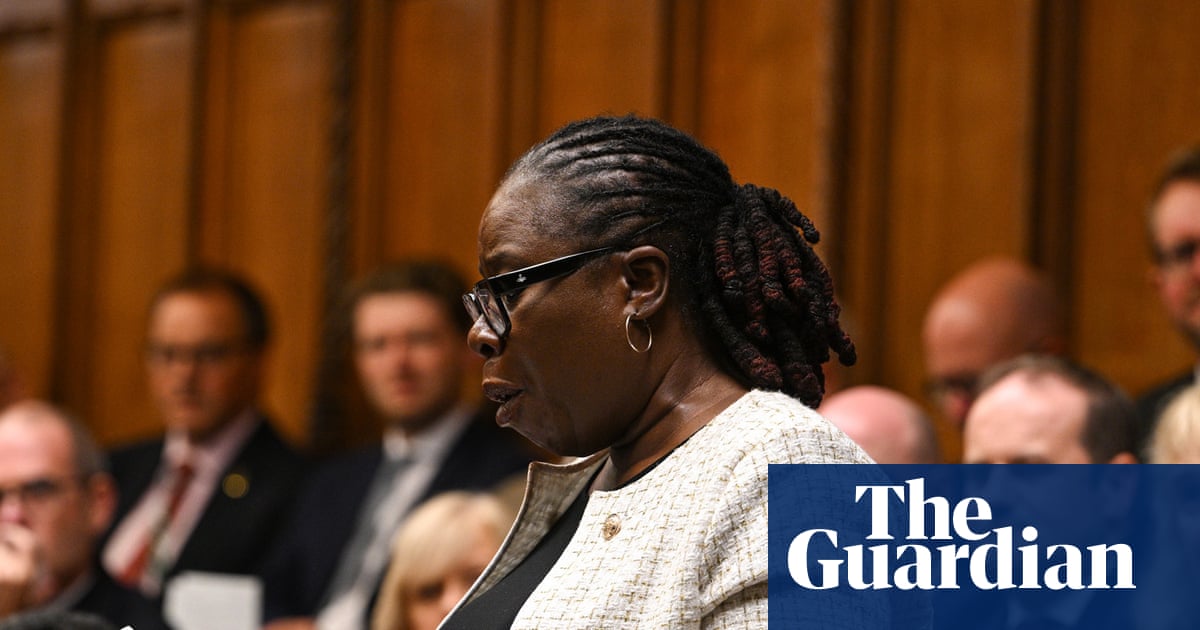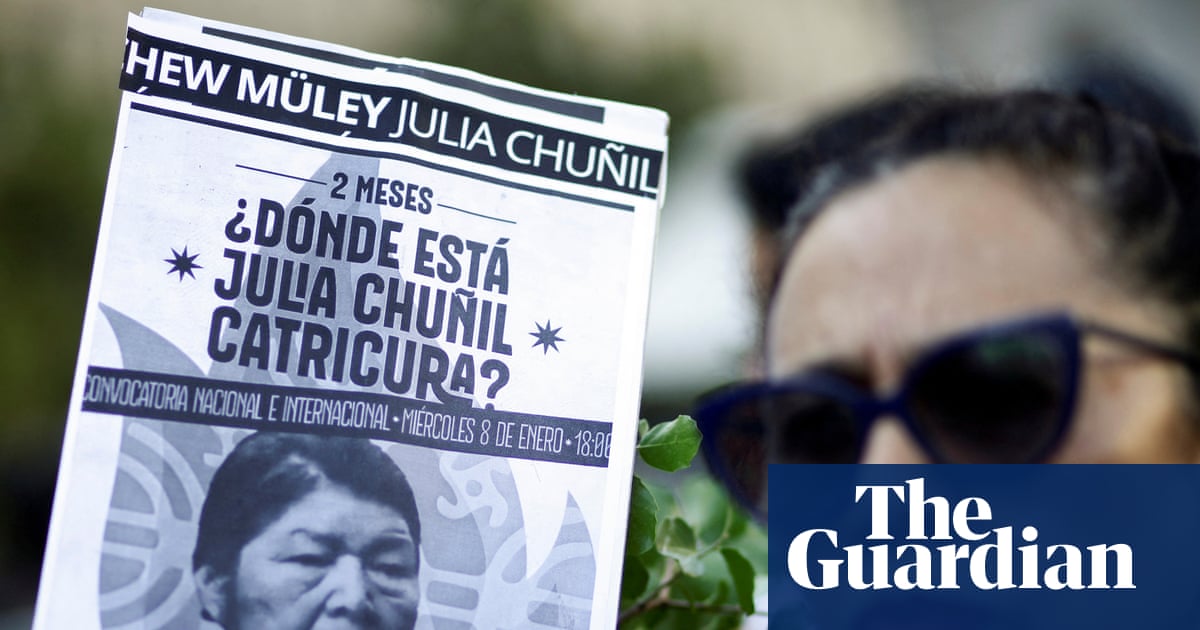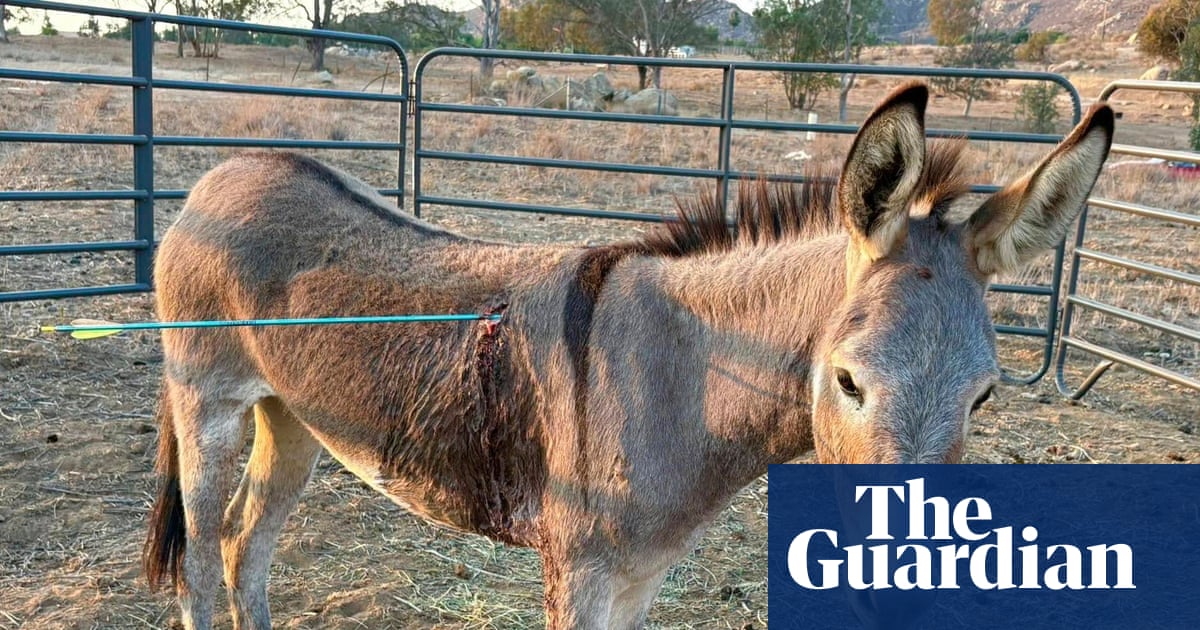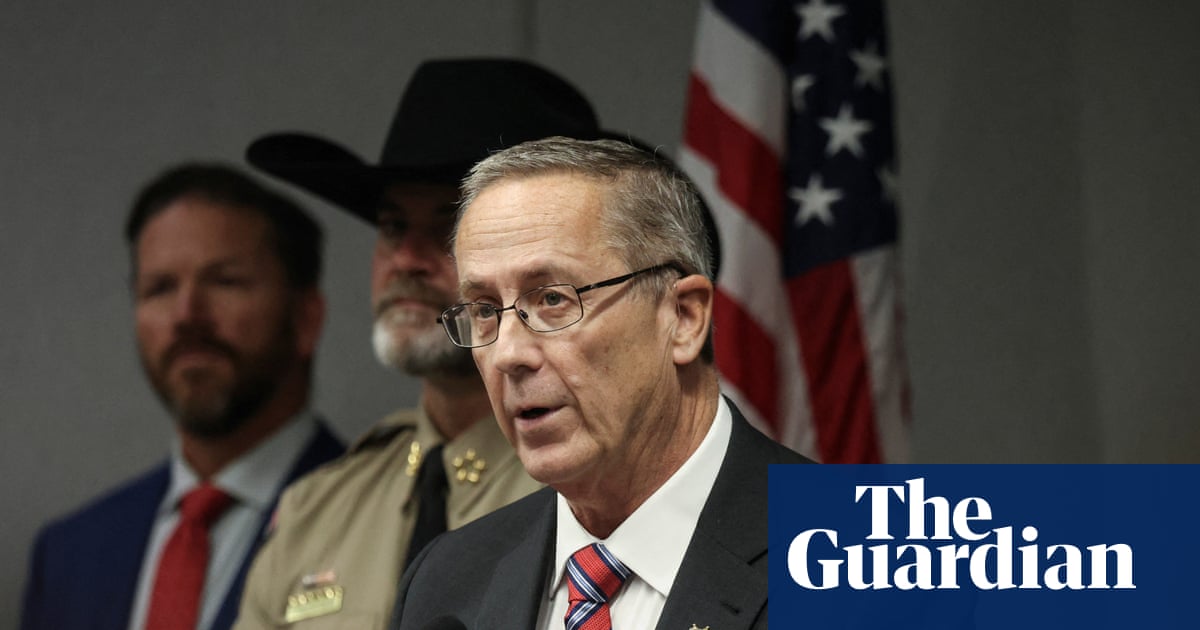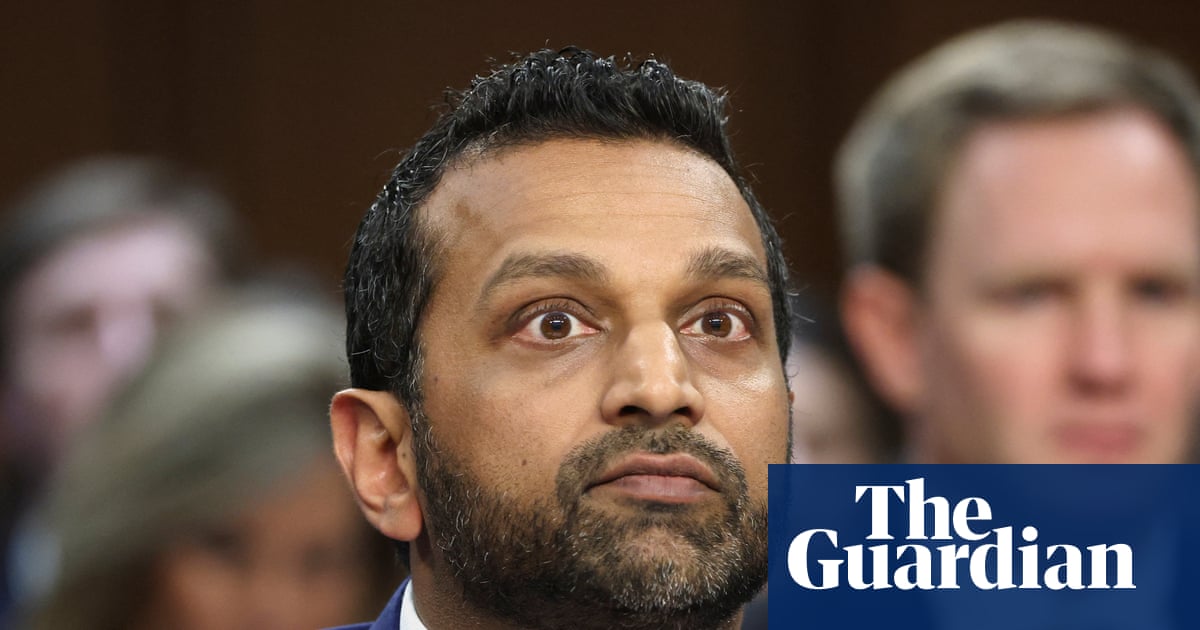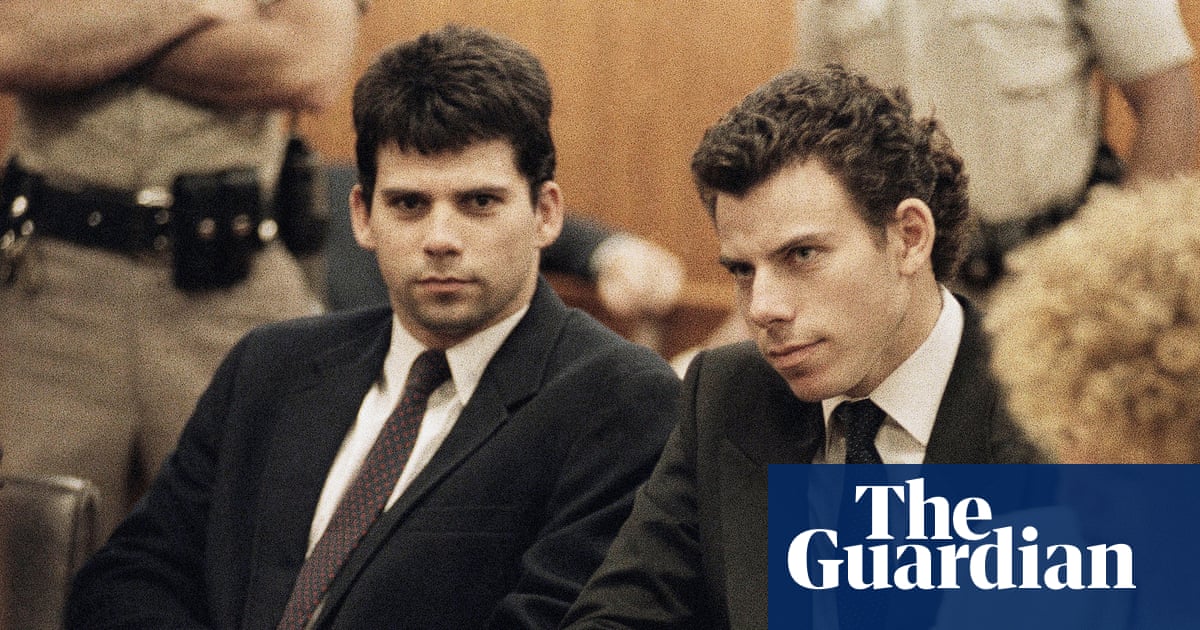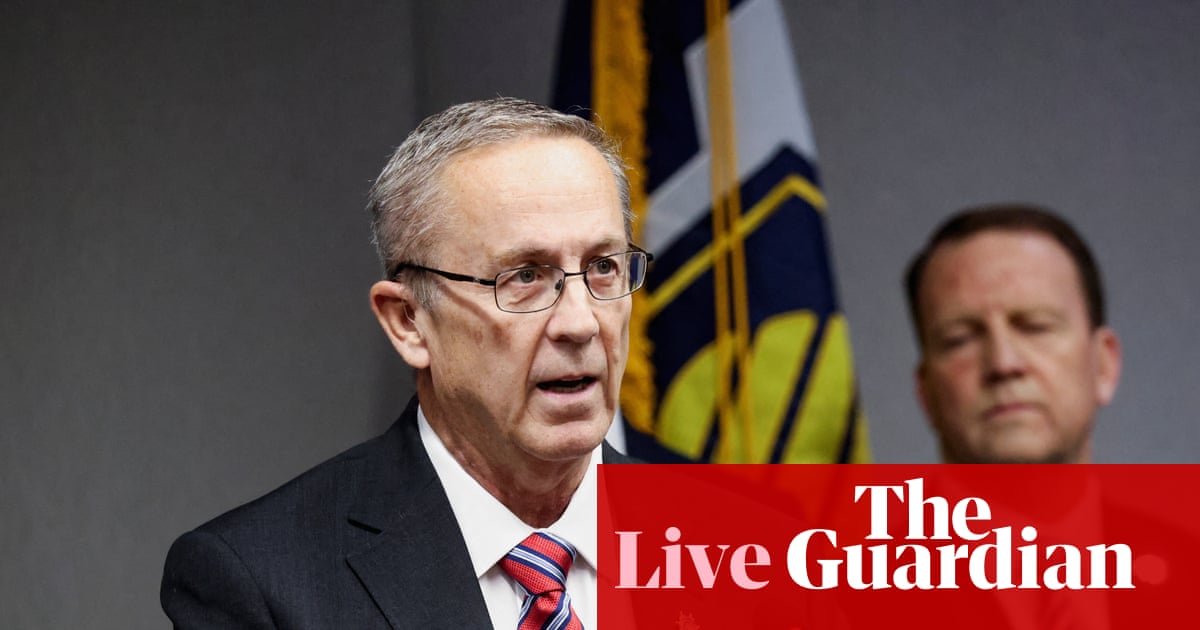Hello from the US where, if you’re a fan of things such as civil liberties and not getting shot in the leg by masked thugs sporting law enforcement badges, the situation is somewhat suboptimal. Over in Los Angeles, national guard troops have been brought in to rough up protesters who are demonstrating against immigration raids. There were at least 27 attacks on journalists by law enforcement recorded at the protests between 6 and 8 June, according to Reporters Without Borders (RSF).
One of the most alarming things about the crackdown against protesters in LA is the memo greenlighting it. It acts pre-emptively, a first in the US, authorising the military to be deployed in locations where protests are “likely to occur”. Scarier still, Donald Trump has said he won’t rule out invoking the Insurrection Act: an 1807 law that empowers the president to deploy the military inside the US and use it against Americans. All this, of course, comes amid a wider crackdown on campus protests and free speech (particularly pro-Palestine speech).
As a British-Palestinian in the US – one with a green card that I’m in the process of trying to renew – I’ve been spending a lot of time lately wondering whether I ought to self-deport before the thought police come for me. I have, after all, engaged in naughty behaviour such as publicly stating that genocide is bad, actually.
But fleeing to the UK from the US because I value free speech and the right to protest doesn’t make much sense. The US may be turning into a police state, but its constitution (for now) provides far more freedom of speech than there is in the UK. I hate to say this – like, I really, really hate to say this – but JD Vance had a point when he told Keir Starmer that Britain has a free speech problem during an Oval Office meeting in February. Vance made a similar accusation during the Munich Security Conference, accusing Europe’s leaders of (among other things) censorship.
Vance is obviously a raging hypocrite who mainly seems obsessed with the right of religious extremists to harass women having abortions, but he is not wrong about Britain’s free speech problem. Vague and outdated laws mean the police in Britain have far too much power to arrest people for offensive internet speech. Per the Economist, “British police arrest more than 30 people a day for online posts, double the rate in 2017.”
The right to protest is also under attack in Britain. Look at the crime and policing bill, which looks likely to come into law later this year and is one of a number of sweeping anti-protest laws recently passed. “Thanks to this authoritarian legislation, police can define almost any demonstration as ‘seriously disruptive’ and impose restrictions on it,” Amnesty International UK warned in March. “Peaceful tactics … have been criminalised. New powers have been created to issue orders banning people from even attending protests.”
And look at the case of William Plastow, who is accused of taking part in a Palestine Action protest against an Elbit Systems (an Israeli arms manufacturer) factory near Bristol last year. Plastow faces 21 months in jail before his case goes to trial. His mother recently told the Guardian she believes it is the longest anyone will have been held in jail awaiting trial on protest-related charges. There’s also the case of Liam Óg Ó hAnnaidh, who was charged with a terrorism offence for allegedly displaying a flag in support of Hezbollah at a gig in London. Kneecap have described this as “political policing” that is intended to stifle criticism of Israel’s war in Gaza.
While the Economist has acknowledged that Vance is right about the precarity of free speech in Britain and Europe, many liberal voices seem reluctant to acknowledge it. The alarmed takes I’ve seen about the US this week from European writers have been valid, but there also needs to be urgent consideration of threats to civil liberties closer to home.
Anyway, having to acknowledge that I agree with Vance on anything has been a major shock to my system. Time to self-deport to the sofa to recover.

.png) 3 months ago
34
3 months ago
34

